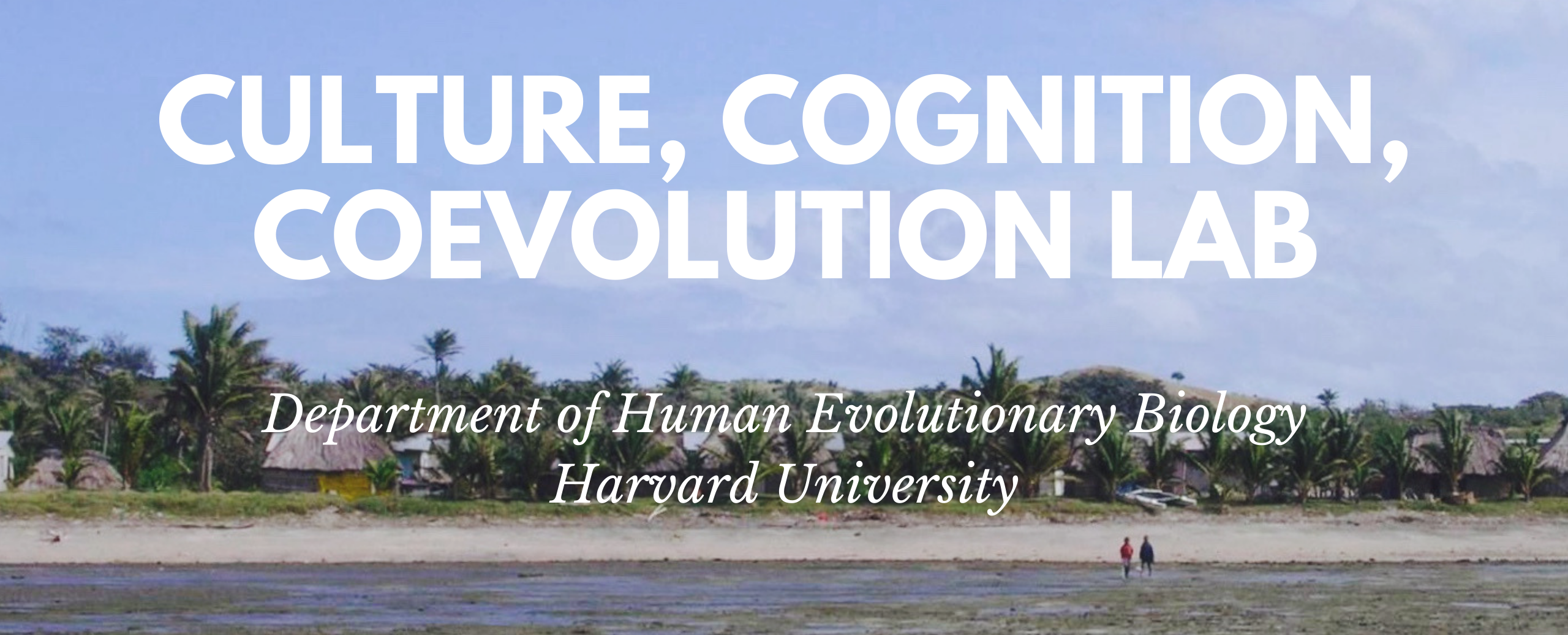The Origins of WEIRD Psychology, Government Effectiveness, and Economic Prosperity
 A growing body of research suggests that populations around the globe vary substantially along important psychological dimensions. Yet, efforts to understand the origins of this variation and its impact on economic outcomes have only just begun. Here, we explore the hypothesis that kin-based institutions are a key determinant of this psychological variation and that they have strong downstream impacts on the effectiveness of political and economic organizations.
A growing body of research suggests that populations around the globe vary substantially along important psychological dimensions. Yet, efforts to understand the origins of this variation and its impact on economic outcomes have only just begun. Here, we explore the hypothesis that kin-based institutions are a key determinant of this psychological variation and that they have strong downstream impacts on the effectiveness of political and economic organizations.
We’ll examine three questions. First, does the variation in kin-based institutions help account for extant psychological variation? Second, can differences in kin-based institutions, and in particular in Europe’s kinship systems, be traced back to the Medieval Christianity’s peculiar religious prohibitions? Third, have the differences in kin-based institutions influenced the effectiveness of political and economic institutions.
Methodologically, we plan to assemble and analyze new historical databases, comparative experimental data from diverse societies and genetic data (to infer kinship). In particular, our analysis of historical corpora will permit us to track psychological changes through space and over centuries. The proposed research holds the potential to profoundly impact how researchers in psychology, economics, and history tackle fundamental questions in their fields.
Identifying the Cultural Foundations of Human Cognition
 Formal education is often assumed to influence the content of our minds—what we know—but several new lines of evidence increasingly suggest that the effect of education runs far deeper: raising our cognitive abilities, increasing analytic thinking, empowering selfregulation, and improving executive function. In other words, schooling not only transmits knowledge, but shapes core aspects of our cognition and behavior. For this project, Helen Davis, postdoctoral researcher, will focus on time-sensitive natural-experiments in two rural, substance-based economies within Africa and South America to examine the longitudinal effects of schooling on cognitive performance, analytical thinking, and executive function.
Formal education is often assumed to influence the content of our minds—what we know—but several new lines of evidence increasingly suggest that the effect of education runs far deeper: raising our cognitive abilities, increasing analytic thinking, empowering selfregulation, and improving executive function. In other words, schooling not only transmits knowledge, but shapes core aspects of our cognition and behavior. For this project, Helen Davis, postdoctoral researcher, will focus on time-sensitive natural-experiments in two rural, substance-based economies within Africa and South America to examine the longitudinal effects of schooling on cognitive performance, analytical thinking, and executive function.
